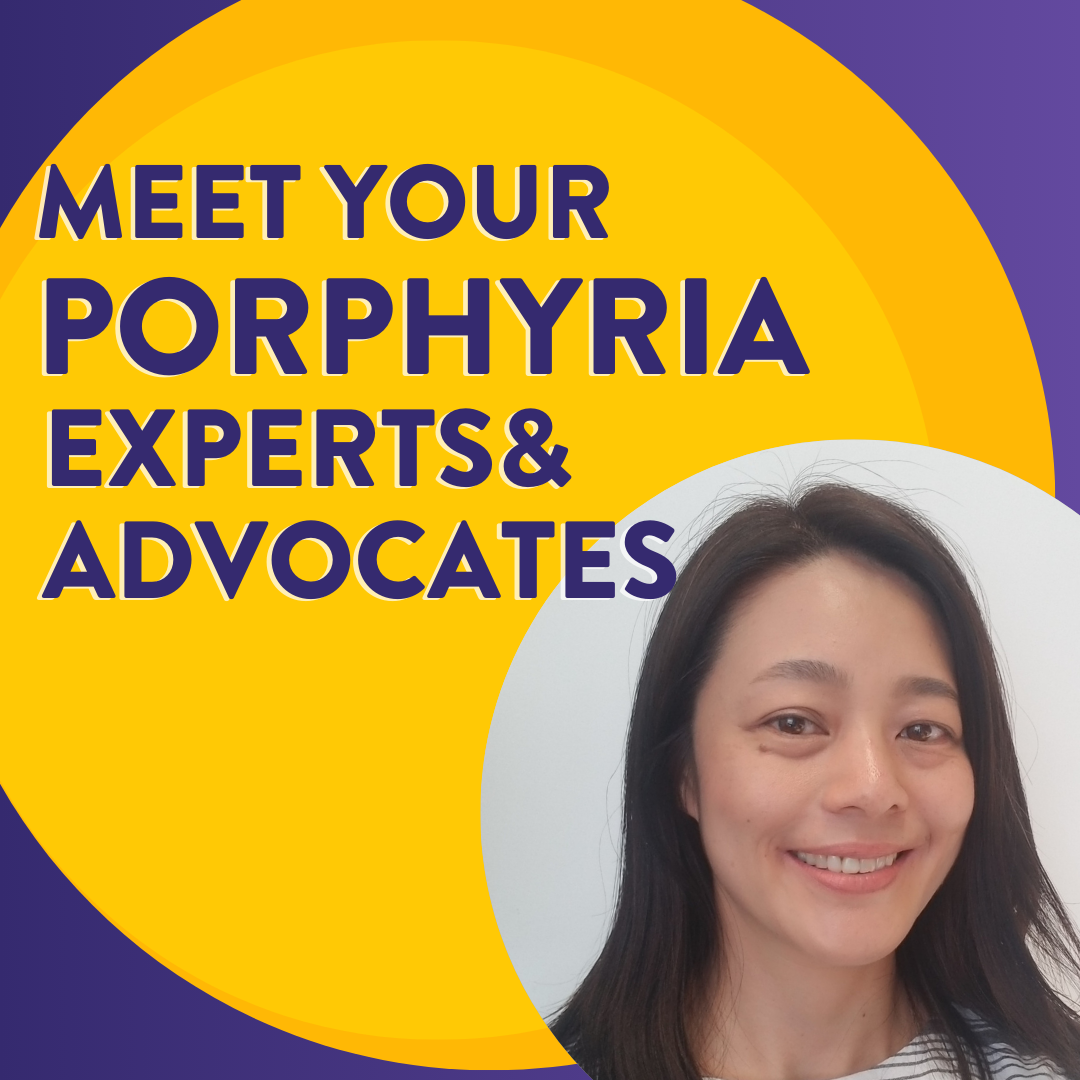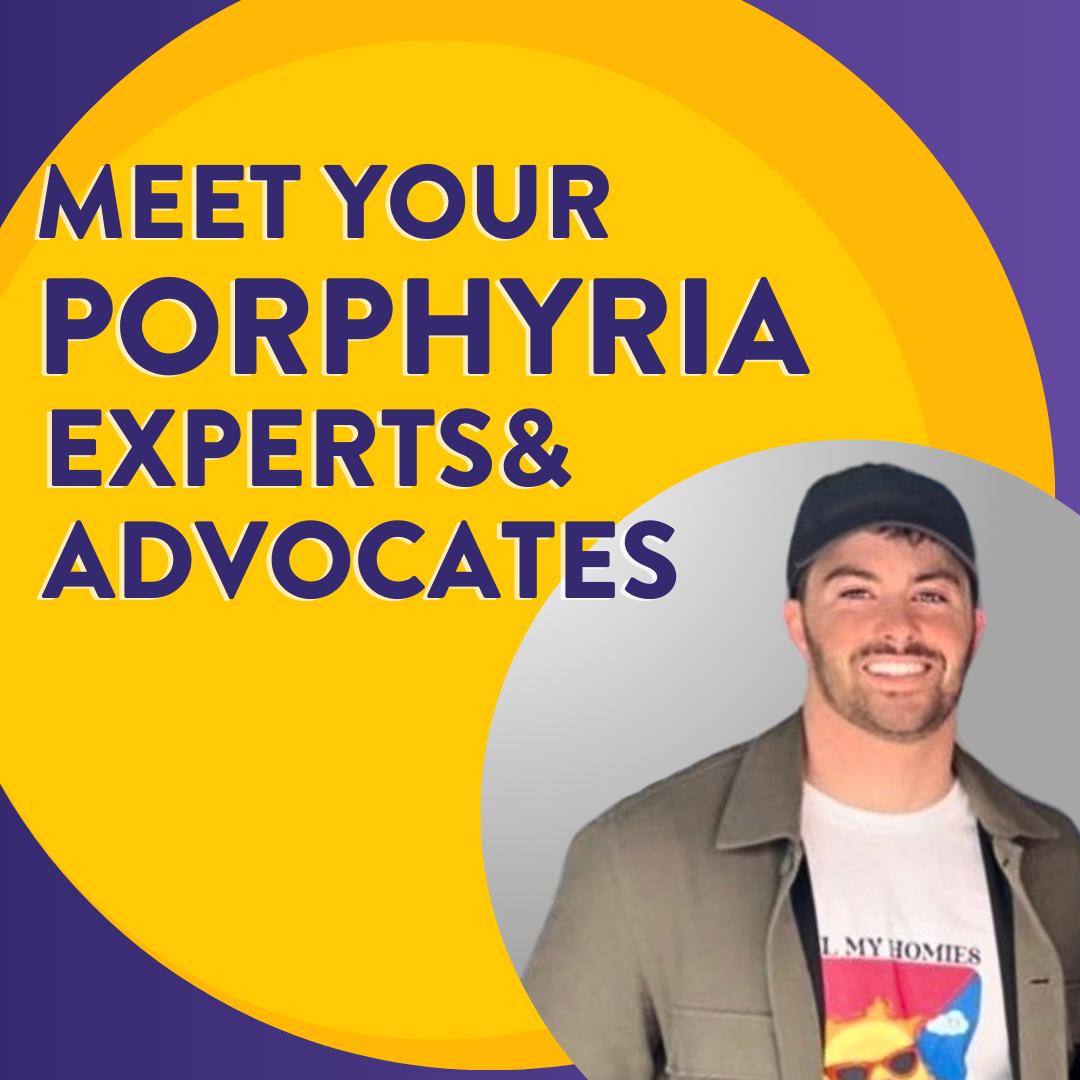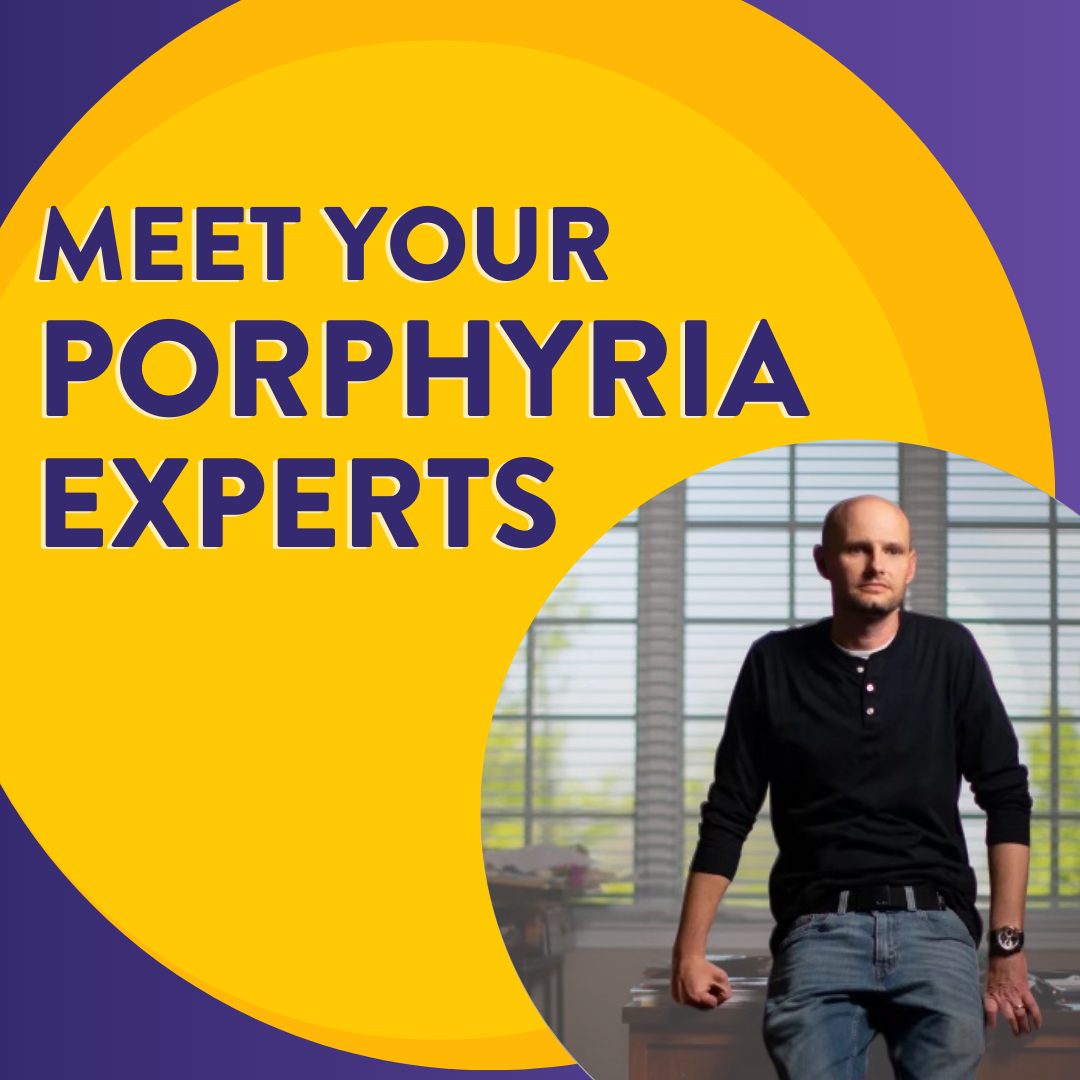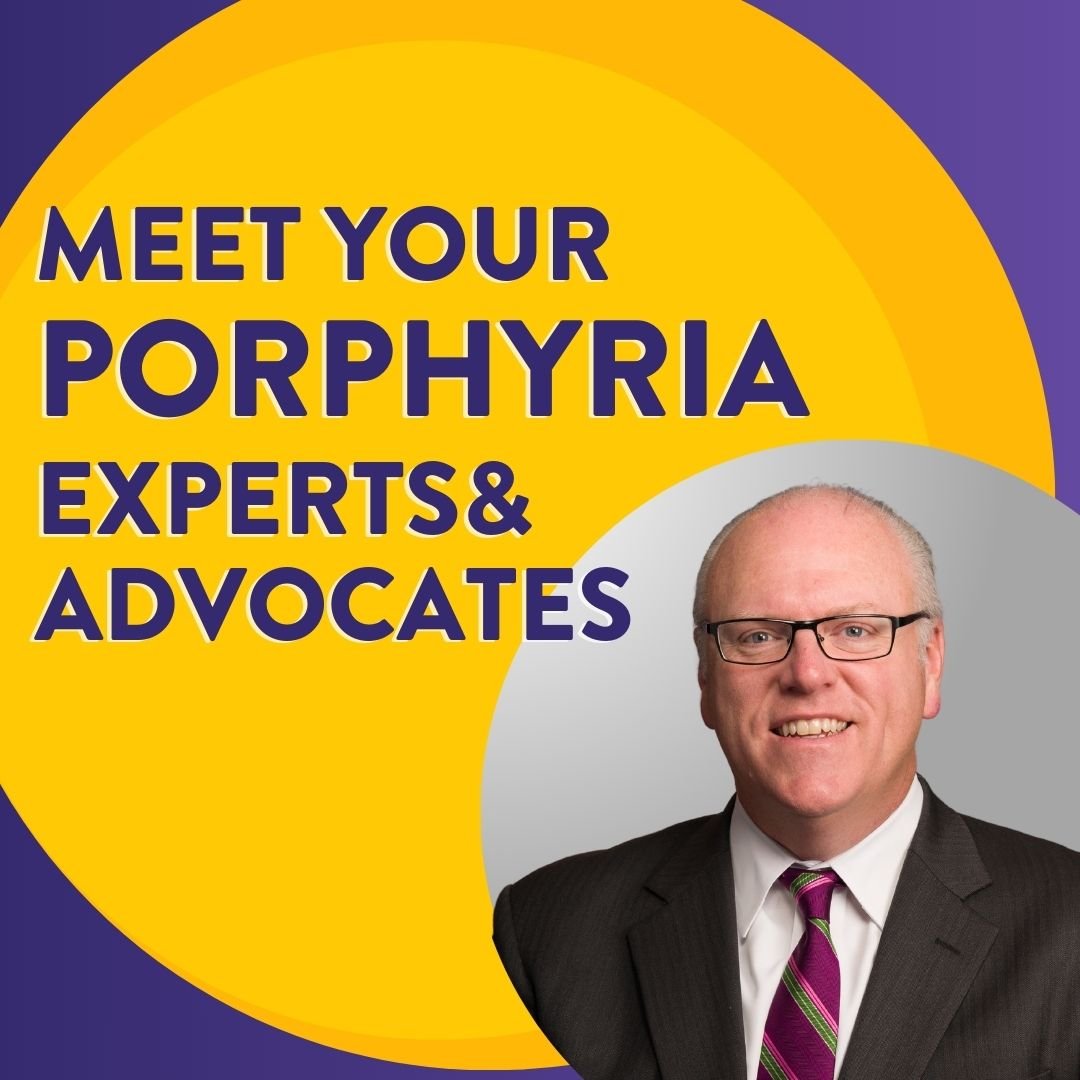Meet Ariel Lager, UPA Director
The porphyria community is lucky to be supported by dedicated physicians, researchers and advocates who work tirelessly to improve care and develop new treatments for porphyria. The United Porphyrias Association is pleased to introduce you to some of them!
A porphyria diagnosis was both an answer and a big question.
-Ariel Lager
Can you introduce yourself and tell us a bit about your connection with porphyria?
My name is Ariel Lager and I'm the newest member of the United Porphyria Association Board. I am also an acute intermittent porphyria patient.
I was diagnosed about 15 years ago following the onset of symptoms. Since then, I've participated in a number of clinical trials and have been actively involved with patient outreach and advocacy work on behalf of patients and patient-supporting organizations.
What inspired you to get involved in advocacy and the porphyria community?
I was very sick when I was first diagnosed. A porphyria diagnosis was both an answer and a big question. While it gave me some direction in pursuing therapies and treatment, it also forced me to face the reality of a new identity as somebody living with a rare disease.
Initially I got involved was because I was looking for help and resources. I wanted to connect with experts and with other patients who had been through this in the rare disease community. As my journey evolved and I was able to participate in new treatments, I felt like I had something to give back to the community, something to add. I think that the final stage of coping and dealing with the grief process of a porphyria diagnosis is arriving at a place where you can use the things that you've learned to help other people.
What do you see as some of the challenges facing patients when they first get diagnosed?
There is a lot of isolation and a loss of identity that you must come to grips with. With a porphyria diagnosis, it can be difficult to find other patients and it can be difficult to learn more about your condition so that can feel isolating and lonely. It creates a space between you and the life you were living before the diagnosis. Everything about my life before diagnosis: my job, my family, my friends, were not places where it felt like my new diagnosis fit and they were certainly not places and people who understood what I was going through. For me, I think a lot of that isolation drove me to look for other patients and to try to help other patients who were looking for those kinds of resources.
You've recently joined the UPA board. How are you hoping to contribute? Where do you think you can make a difference?
I'm so proud and impressed by the work that the UPA has done in such a short time and I'm hoping to help continue that mission. Specifically, I want to help bring attention and progress to patient concerns and initiatives, like lowering the bars to entry to diagnosis and making treatment and care more accessible to patients.
I've experienced a number of roadblocks on my journey to getting and maintaining access to working treatments and I want to help other patients who are struggling on the path to diagnosis and successful and sustainable treatment options. For example, many patients face hurdles associated with insurance approvals or are unable to easily access affordable treatments or self-administration of treatments in home care.
All types of porphyria patients may encounter versions of these obstacles and hopefully we’ll be able to make a difference for all patients in the future.
Do you have any advice for somebody who has porphyria and wants to get more involved in the community or wants to get involved in advocacy?
The UPA is a great place to start! Check out the website and monthly newsletters to learn about opportunities to meet other patients through online events and learning sessions with doctors. The opportunity to meet other patients in-person has been amazing for me.
There are also a ton of opportunities for folks to become outspoken advocates for legislative changes associated with rare disease treatment and become familiar with and involved in the process of research and new treatment development. That could involve participating in clinical research trials and being an active presence in the medical and research communities as a patient.
Also, look for ways to help share information about porphyria and rare diseases. Your work, school, community, or social groups may be open to hosting information sessions and sharing expert materials or matching donations. These can be a terrific way to raise awareness and make connections.
Was there anything that you wanted to add?
If you’re newly diagnosed or have a porphyria diagnosis, you don’t have to feel alone. You can connect with other patients, you can connect with advocacy organizations, you can do work in your own life, in your own family and with the larger patient community, both in the US and internationally. It helps so much to realize you aren’t traveling this journey alone.













